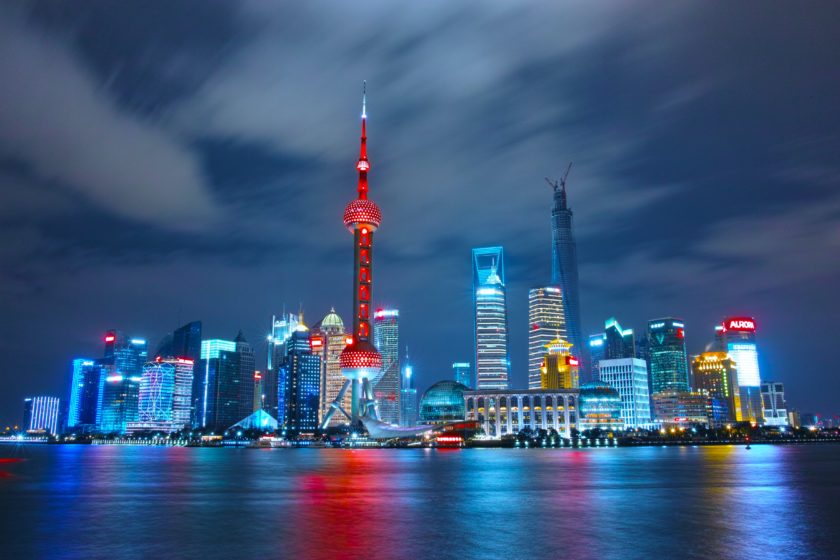The recent China sell-off is clouding the opportunities in China, says Devan Kaloo, global head of Equities at Aberdeen Standard Investments.
For the past two months, global investors have been selling China-focused equity funds because of concerns around the Chinese government’s new regulations on the economy, and a surge in the coronavirus Delta variant.
Could this mark the end of capitalism in China? For us, no. The private sector remains extremely important and there is a renewed focus on innovation, a key priority for the Chinese government. If it over regulates, it will throttle innovation, if it under regulates, it may create unregulated monopolies.
Lately, China has performed poorly against emerging and global markets. The onslaught of regulatory measures coming from the government has created uncertainty and challenged successful business models. The Chinese government is tackling anti-competitive practices, promoting the interests of labour and reinstating the influence of the state in public services. The regulatory measures coming out in the last six months have created a lot of uncertainty for investors with regard to e-commerce companies, education companies, healthcare companies and even the property sector.
Since 1979, China has been the fastest growing economy in history; this has caused sky-rocketing inequality. The government’s focus now is how to better share those gains. This may be the next phase of growth for China. It is not about to give up the success it has enjoyed over past decades.
What does investing in China look like now?
We need to invest on the right side of the regulatory framework and in companies able to adapt. The government is looking to promote innovation, green technology, affordable healthcare, improved livelihoods and domestic consumption.
In the short term, the Chinese domestic economy may feel the impact of financial tightening alongside a further wave of Delta variant Covid. But we think this will be transitory and we are finding many longer-term opportunities.
China remains a risk, but no more than 5-10 years ago. It is looking to flex its diplomatic muscles and be more assertive. But risk has been priced in and there is much value in some sectors. Currently, the MSCI China A onshore versus the S&P 500 is at a 50% discount price/book and a 35% discount price/earnings. This discount indicates that much of the risk is priced in.
Winners and losers post-regulation
The policy changes have brought winners and losers. On the positive side, the government wants to increase ‘localisation’ and self-reliance.
There is focus on domestic consumption and domestic brands. The government is also encouraging the development of homegrown technological leadership in areas like the semiconductor industry. Property will see headwinds as the government has identified affordable housing as a priority. What’s likely is that companies will adapt to the new regulations.
Two areas where we see potential negative effects are healthcare and education. Healthcare is to be made affordable and basic healthcare is to be available for all. However, there will still be a push in research and development, so this is where we see interesting opportunities. In education, it appears that the government is uncomfortable with private sector involvement. As a result, companies offering services such as private tuition have suffered. If companies are charging high prices because they have a monopoly, that’s not going to be acceptable. But if customers have other options, and they are choosing to pay high prices for perceived quality, then that will be allowed.
There is a green revolution in progress in China and a strong commitment to net zero, so an overhaul of the utilities sector is underway. If you take the drive for common prosperity not as a move against billionaires, but rather as a drive for more people to have more income, to develop local brands and have companies that can represent China internationally, then it becomes more positive. Education, housing and healthcare are what people care about, so the measures taken will be very popular. Yes, we probably will see more regulations, but the government doesn’t want to stop growth or innovation, so that will act as a balance.
It’s now possible to have a conversation with every Chinese company as well as regulators about ESG. That is progress when compared with a decade ago. But ESG awareness in China is lower than in other countries. Chinese companies are often rated poorly not because there’s no interest in ESG, but because companies don’t disclose this information. It’s up to us as active investors to help educate and drive this area.



























